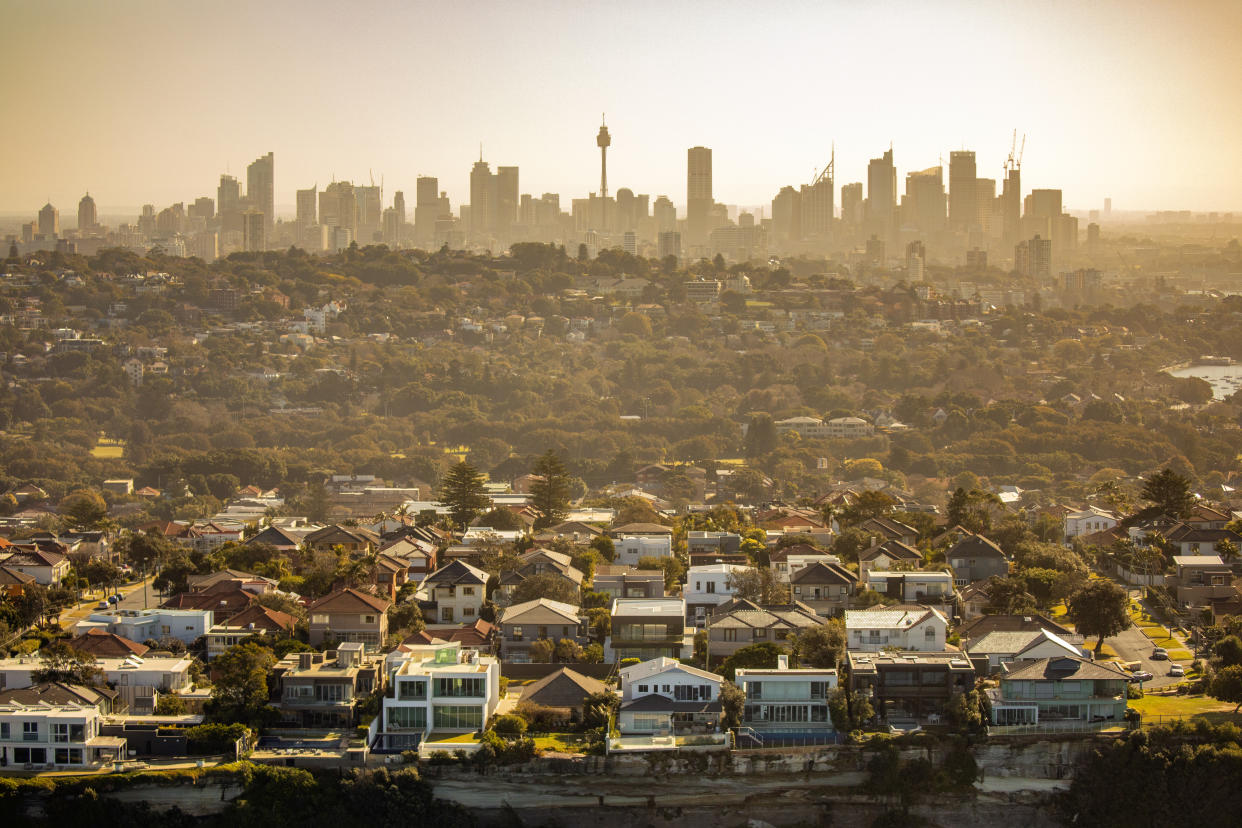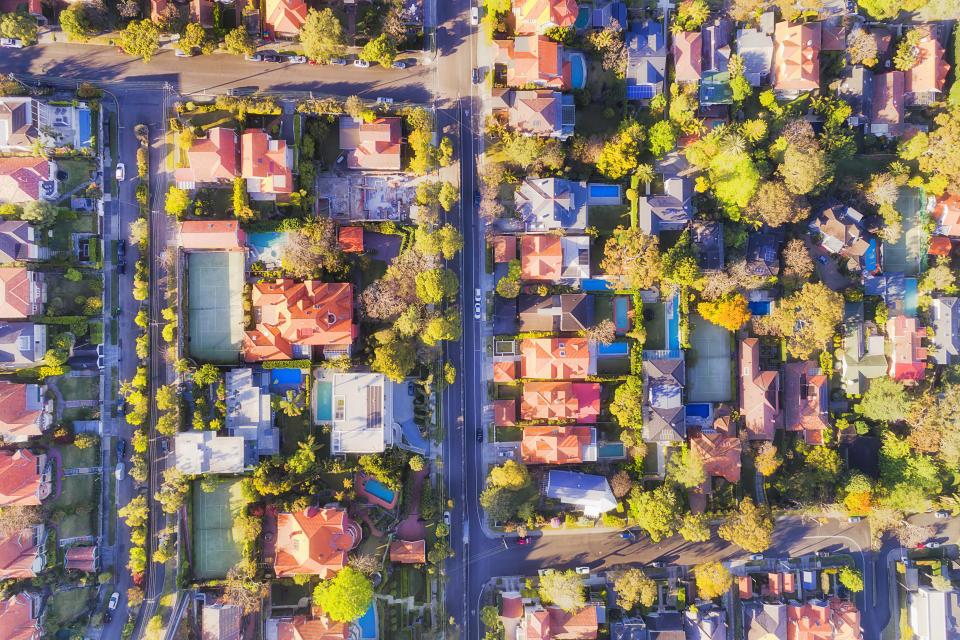1.3 million Aussies unable to afford their homes

As many as 1.3 million Australians are on the verge of losing their homes, with the JobKeeper and JobSeeker payments presenting the only financial buffer, new research has found.
Mozo analysis found 26 per cent of Australians (1.3 million people) would be unable to afford mortgage repayments or rent for their current home when the JobSeeker boost and JobKeeper end.
The analysis comes as the government confirms JobKeeper will continue until March, albeit in a lower-value and more targeted form, while the JobSeeker boost is scheduled to run until December.
Both income support schemes were previously due to wrap up in September, presenting fears of an economic cliff.
“As Covid continues to erode the economy, more than one million Australians are staggering into a potential housing crisis and face the very real possibility of losing the roof over their head,” Mozo director Kirsty Lamont said on Tuesday.
“With the jobs’ market on life support, the JobKeeper and JobSeeker payments are critical in ensuring people can remain in their homes and have enough money to cover necessary expenses.”
The latest unemployment figures revealed 7.4 per cent of working-age Australians were unemployed, while 3.5 million Australians are currently receiving JobKeeper and 1.6 million are receiving JobSeeker.
That unemployment figure could jump to 8.4 per cent when JobKeeper is reduced, IbisWorld’s Matthew Barry said today.
In Melbourne, 8 per cent of hospitality businesses which have shut due to coronavirus restrictions have said they will not reopen, and another 7 per cent say they are unlikely to reopen after, Melbourne lord mayor Sally Capp said on Tuesday morning.

And according to the Australia Institute, 650,000 Australians would fall into poverty for the first time if JobSeeker reverts to its former level. In total, 4 million Australians would slide below the poverty line, with half a million renters and mortgage holders among that group.
“This will not only mean a likely increase in homelessness but also increasing pressure on the banking system,” senior economist Matt Grudnoff said.
He said a surge in Australians unable to make rent will have a ripple effect on those who rely on rental income to service their own mortgages, with investment property owners also at risk.
“With many Australians finding themselves out of work and many more having to accept reduced hours, JobKeeper and JobSeeker are critical to ensuring people can stay in their homes, cover their bills and put food on the table,” Lamont said.
Additionally, the Mozo research found that when the two support payments end 22 per cent of those receiving them will be unable to afford groceries. However, the survey also found that one-third of those receiving the payments find they are still not enough to meet their current expenses.
“It’s deeply concerning that even before the support payments have been wound back, many people are struggling to make ends meet,” Lamont said.
“It’s clear in the coming months the mortgage and rental markets are set for significant shocks as people are confronted with the stark financial reality of the Covid economy.”
Mozo’s latest findings come after it predicted Australians would default on as much as $75 billion in loans should the two schemes be phased out too quickly.
Want to take control of your finances and your future? Join the Women’s Money Movement on LinkedIn and follow Yahoo Finance Australia on Facebook, Twitter and Instagram.



